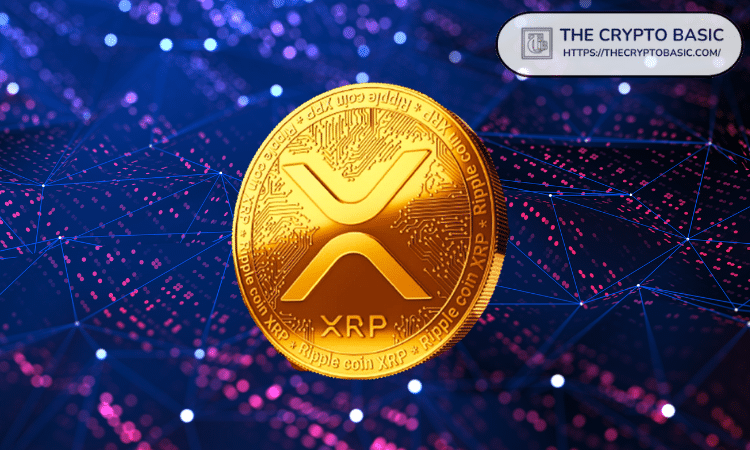Attorney Deaton says XRP is not a security, irrespective of whether Ripple sold the coin to selected buyers as an investment contract.
CryptoLaw founder attorney John Deaton has explained the fate of investors who purchased XRP because of the expertise of Ripple’s board.
Over the weekend, attorney Deaton asserted that thousands of investors purchased XRP for the first time without knowing Ripple. As reported, Deaton revealed that 52% of the over 10K investors he communicated with declared that they never knew about Ripple when they purchased XRP for the first time.
As expected, Deaton’s assertion stirred reactions from XRP enthusiasts. Commenting on the tweet, an XRP community member Caesar Korvinus asked what could be his fate, given that he and other early investors knew about Ripple before purchasing the coin.
Korvinus disclosed that he invested in XRP in 2016 because of the names of those who sat on the company’s Board of Directors, as well as the expertise of Ripple’s CTO David Schwartz.
So what about the ones like myself that invested in #XRP AKA Ripples (the ones in it long enough know what i mean) that absolutely knew about @Ripple? One of the main reasons I invested back in 2016 is because of who sat on the Board of Directors and @JoelKatz working for the NSA
— ?Caesar Korvinus??? (@CAESARMILLZ) June 23, 2023
Deaton Says Howey Test Was Met In This Scenario
In response, Deaton said if Ripple had direct contact with Korvinus and sold XRP to him, then the SEC could argue that the Howey test was met.
According to Deaton, the SEC can raise three valid arguments from the scenario highlighted by Korvinus. Firstly, Korvinus and other early investors who purchased XRP using the same method gave money to Ripple.
Secondly, Korvinus and these investors entered into a common enterprise with Ripple via vertical commonality.
Thirdly, Deaton said it could also be established that Korvinus was sitting back and expecting profit from the efforts of Schwartz and other Ripple’s Board of Directors.
Deaton: XRP Itself Is Not a Security
However, Deaton explained that it is entirely different if the user did not purchase XRP directly from Ripple. Additionally, Deaton said if Korvinus bought XRP from Ripple for non-investment purposes, then the Howey test has not been met.
Conclusively, the prominent lawyer asserted that even if Ripple sold Korvinus an investment contract utilizing XRP as the underlying asset, it still does not make XRP itself a security.
Yes, I said there are people like you out there as well. And, if Ripple had direct contact with you and sold you XRP, there is a valid argument that the Howey test was met because in that scenario 1) you gave? to ripple for XRP; 2) you entered into a common enterprise with… https://t.co/Sy9Zr94bOO
— John E Deaton (@JohnEDeaton1) June 24, 2023
Deaton Defends XRP Secondary Market Sales
Attorney Deaton, who represents thousands of XRP investors as amicus curiae counsel in the SEC vs. Ripple case, is always vocal in dismissing claims that aim to classify XRP as a security. In response to SEC’s broad claims, Deaton argued that XRP secondary market transactions are not securities.
The CryptoLaw founder is confident that Judge Analisa Torres will comment on XRP secondary market transactions in her upcoming ruling. While there is still no official ruling date, Ripple expects the case to be resolved before the year ends.
DisClamier: This content is informational and should not be considered financial advice. The views expressed in this article may include the author's personal opinions and do not reflect The Crypto Basic opinion. Readers are encouraged to do thorough research before making any investment decisions. The Crypto Basic is not responsible for any financial losses.


